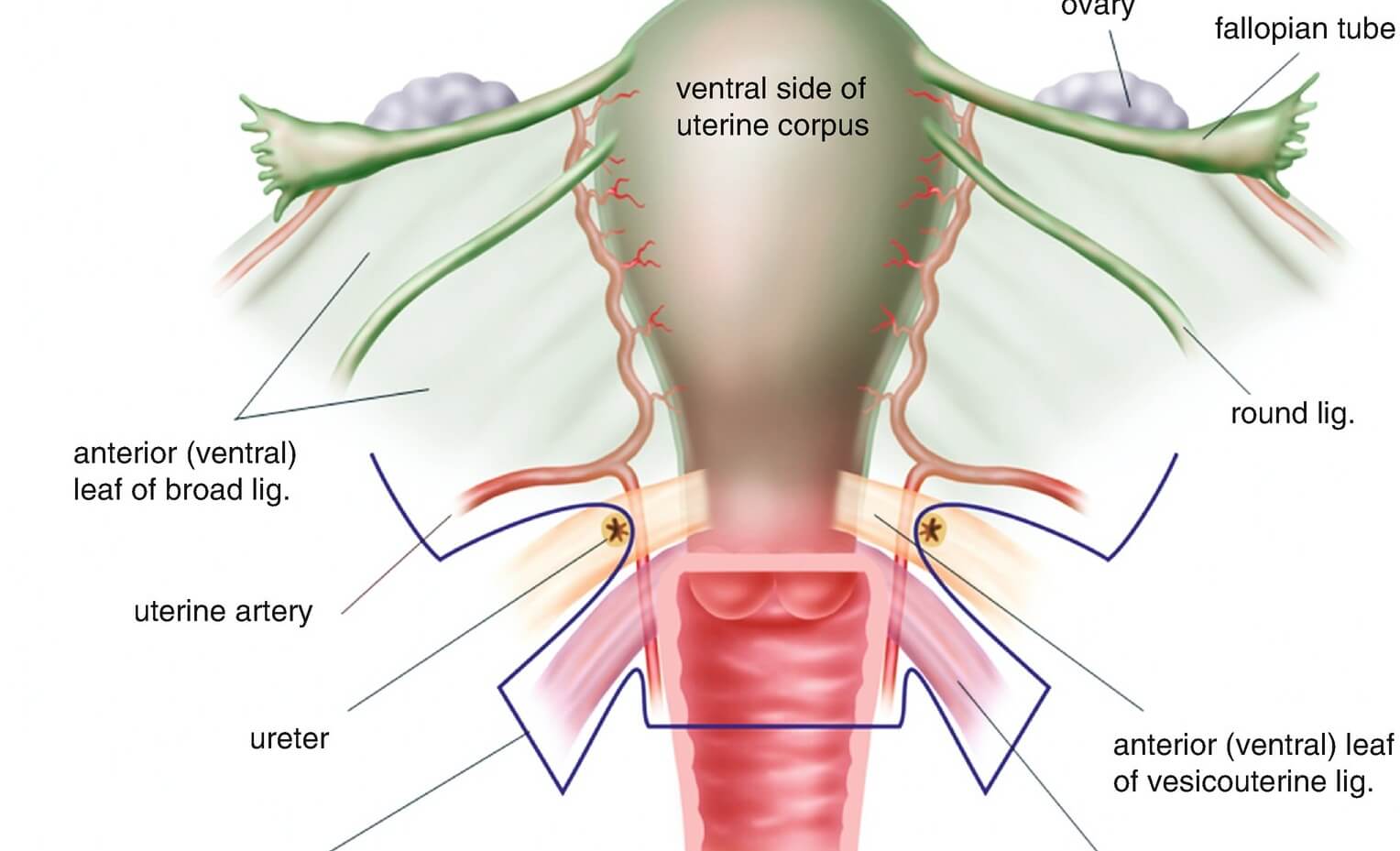Gynae Onco Surgeries
Gynecologic oncology involves the diagnosis and treatment of cancers of the female reproductive system, including the ovaries, endometrium, uterus, cervix, fallopian tube, peritoneal, vagina and vulva.
Surgery often is a first line treatment for many gynecologic cancers. The type of surgery may depend on the type of gynecologic cancer, its stage and a patient’s fertility concerns. The types of surgery performed to treat gynecologic cancers are listed below.
Ovarian Cancer
SCOPE OF THE DISEASE
It is the 7th most common cancer in women worldwide and accounts for 4-5% of all cancer related mortalities in women. Highest incidence being in Europe and lowest China Most commonly occurs in postmenopausal women with a peak incidence between 50-70 years
RISK FACTORS
Family history of ovarian, colon, breast or uterine cancer
Obesity
Genetic mutations such as BRCA1 or BRCA2 genes
Use of fertility enhancing drugs
Nulliparity
Associated endometrosis
TYPES OF OVARIAN CANCER
Epithelial tumors arise from outer layers of ovaries.90% of ovarian cancers are epithelial tumors
Stromal tumors occur in hormone-producing cells.
Germ cell tumors develop in the egg-producing cells
WARNING SIGNS OF OVARIAN CANCER
Ovarian malignancy are one of the most notorious malignancies as is very less commonly produces symptoms in early stages and if produces any; are very vague and non significant.Hence, patient most commonly present at a very late stage of malignancy Usually produces pressure symptoms like:
Abdominal bloating, fullness
Easy satiety
Abdominal pain
Palpable mass in abdomen and abdominal swelling
Indigestion, heartburn
Increased frequency of micturition
Constipation or diarrhoea
Back pain
Rarely menstrual irregularities
Advanced stages produce fatigue, weight loss, leg swelling
Stage1- Tumor confined to one or both ovaries Stage 2-Tumour spread to adjacent structures Lile uterus and vagina Stage 3-Tumour outside pelvis to abdomen and lymph nodes Stage 4-tumour spread to distant organs like lungs
CA Endometrium
Modality of treatment depends on the stage of cancer,involvement of the lymphnodes and general health status of the patient STAGE 1- usually a hysterectomy with bilateral salphingo-oophorectomy is done.Here,uterus with both ovaries are removed STAGE 2- Hysterectomy with bilateral salpingo-oophorectomy is done and is followed by radiotherapy STAGE 3 –As much as possible malignant tissue is removed and is followed by chemotherapy and radiotherapy STAGE 4-Combination of chemotherapy and radiotherapy Hormone therapy Progesterone hormone supplements are used in those with advanced or recurrent cancer who are positive for hormone receptors Also can be used in young patient who desire future pregnancy
Cancer diagnosis is always a sudden emotional trauma to the patient and her family members. But gradually and eventually one has to learn to cope up with it Following can be done to take some control of the situation Learn enough about the cancer,so as to make correct decision about own health Express your grief to someone Be positive ant set reasonable goals Take time for yourself to rest and relax.
Also known as supportive care focuses on providing relief from pain and other symptoms of a serious illness. Palliative care specialist provide additional support and care along with the ongoing mainline treatment. It makes people with cancer may feel better and live longer. It is provided by a team of doctors, nurses and trained professionals.



